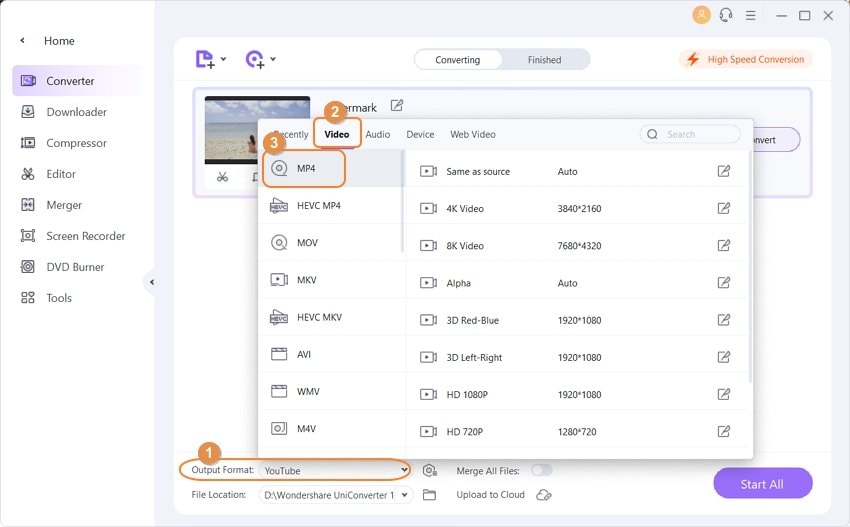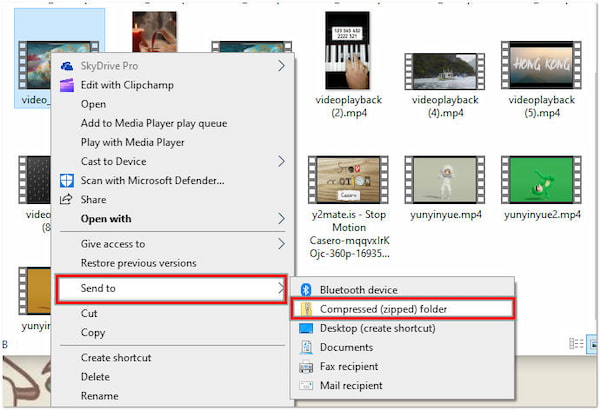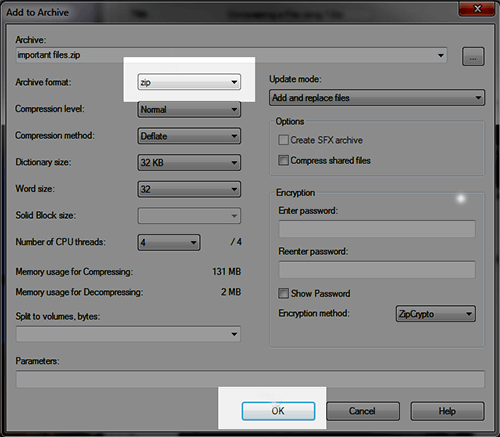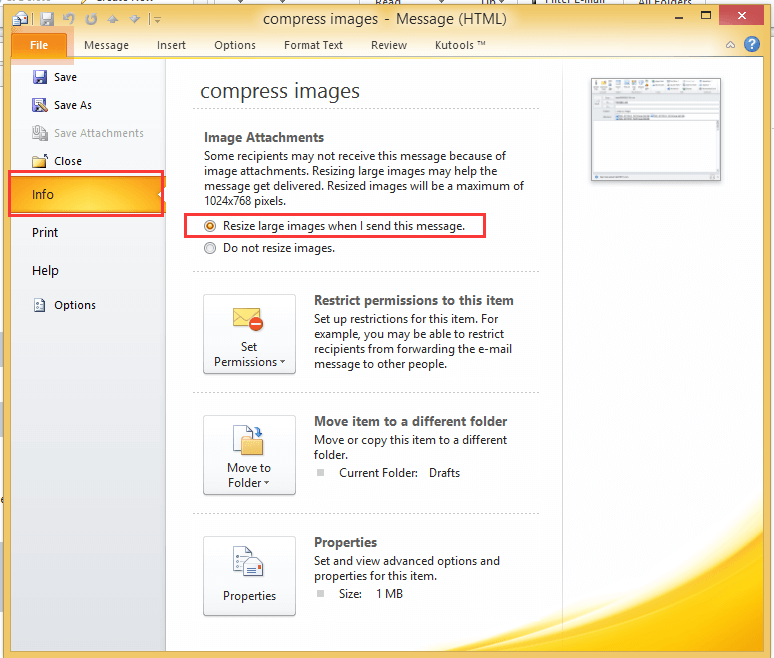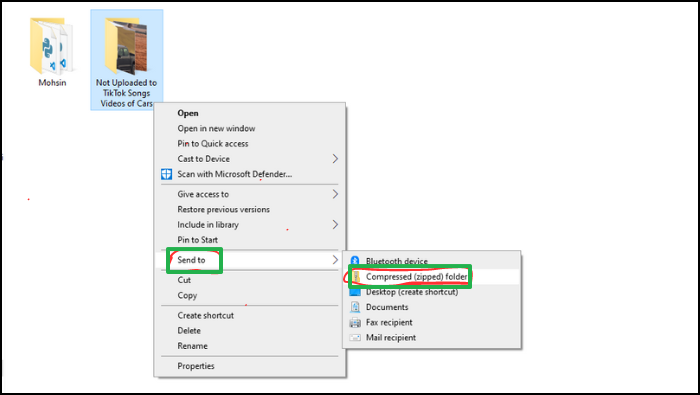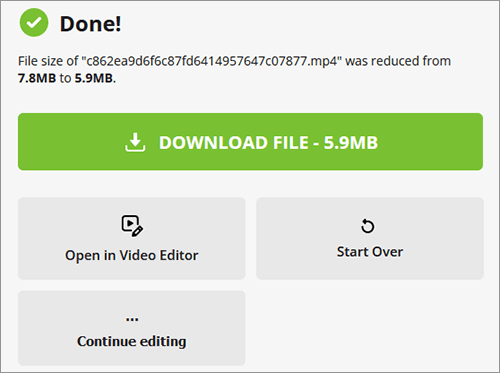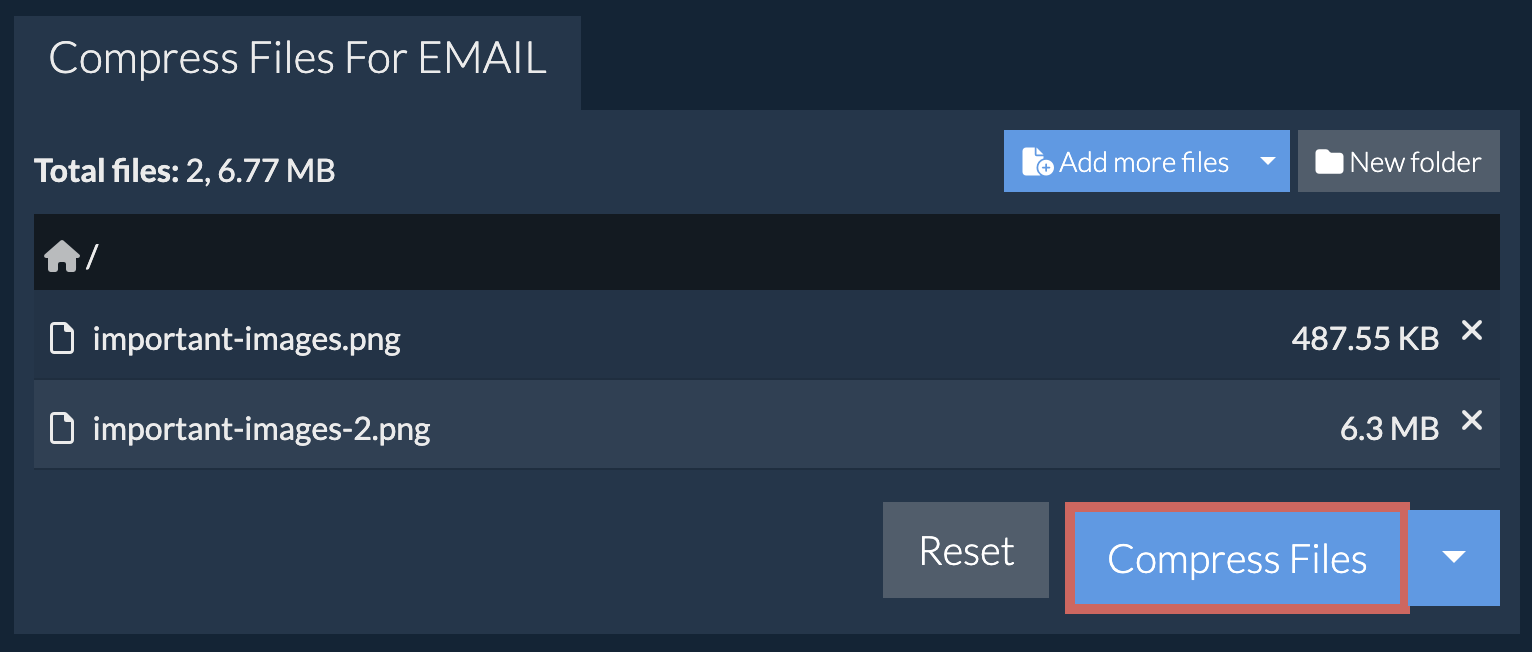How Do I Compress A Video To Send Via Email

Imagine capturing the perfect moment: your child's first steps, a hilarious pet antic, or a crucial presentation. You eagerly try to share it via email, only to be met with a frustrating message: "File size too large." The digital age promises instant connection, but sometimes, the sheer size of our memories gets in the way. Don't despair, there's a simple solution to sharing your videos with the world!
Sending videos via email doesn't have to be a headache. This guide breaks down practical methods to compress videos for email, ensuring your cherished moments reach their intended recipients without a hitch.
Understanding the Challenge
Email providers like Gmail, Outlook, and Yahoo Mail impose strict limits on attachment sizes, typically around 20-25MB. Videos, especially those recorded in high resolution, often exceed this limit. This is because video files contain a vast amount of data to represent each frame and the accompanying audio.
The key is to reduce the file size without sacrificing too much visual quality. We achieve this through compression techniques that streamline the video data.
Method 1: Built-in Compression Tools (Windows & macOS)
Both Windows and macOS offer basic video editing tools that include compression features. These are ideal for quick and simple reductions without needing to download additional software.
On Windows, the Photos app allows you to trim and save a compressed version of your video. Open the video in Photos, click "Edit & Create," then "Trim," and save the trimmed version, which will inherently be smaller.
macOS users can leverage the QuickTime Player. Open your video in QuickTime Player, go to "File," then "Export As," and choose a lower resolution option. A resolution of 720p is generally a good compromise between size and quality.
Method 2: Online Video Compression Websites
Numerous free online video compression websites offer an easy way to reduce file sizes. These platforms typically allow you to upload a video, select compression settings, and download the optimized file.
Popular options include Clideo, FreeConvert, and Online Converter. Simply upload your video, choose your desired settings (resolution, codec, and quality), and let the website do the work. Be mindful of the website's security and privacy policies before uploading sensitive content.
Always download the compressed version to your computer and verify it before sending to avoid re-uploading.
Method 3: Video Editing Software
For more advanced control over compression settings, consider using video editing software like Adobe Premiere Rush, iMovie, or DaVinci Resolve. These programs offer a wealth of options for optimizing video files, allowing you to fine-tune settings like bitrate, frame rate, and codec.
Experimenting with these settings can achieve significant size reductions without compromising too much visual quality. Lowering the bitrate, which determines the amount of data used per second of video, is particularly effective.
Method 4: Cloud Storage and Sharing Links
If compression isn't enough, or you want to maintain the original video quality, consider using cloud storage services like Google Drive, Dropbox, or OneDrive. Upload your video to the cloud and share a link with your intended recipients. This allows them to view or download the video without the limitations of email attachment sizes.
This method is especially useful for sharing large files or collaborating on video projects. Ensure your recipients have the necessary permissions to access the shared file.
Important Tip: When sharing links, it's a good practice to set an expiration date to maintain control over who has access to your video.
Choosing the Right Method
The best method for compressing a video depends on your technical skills, the desired quality, and the size of the original file. For quick and simple tasks, built-in tools or online compressors are sufficient. For more control and higher quality, video editing software is recommended. And for very large files or preserving original quality, cloud storage is the best option.
Experiment with different methods to find what works best for your specific needs. Don’t be afraid to try different options and compare the results. Remember, the goal is to share your videos effectively without sacrificing too much quality.
Mastering the art of video compression empowers you to share your stories, connect with loved ones, and collaborate effectively in the digital world. Embrace these techniques and let your videos travel far and wide, unburdened by file size limitations.

